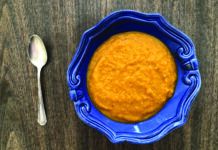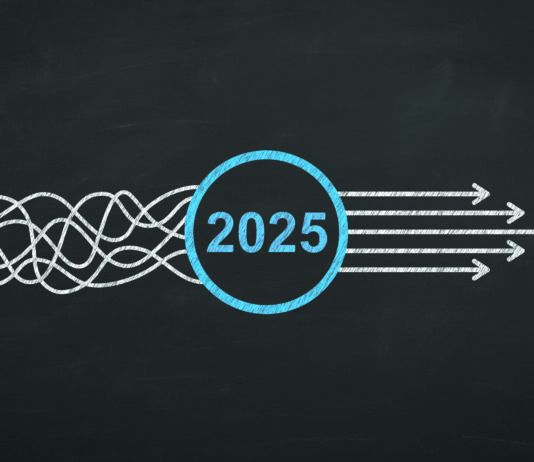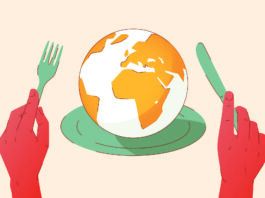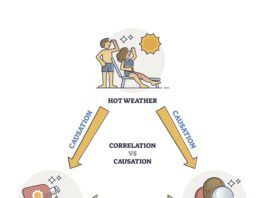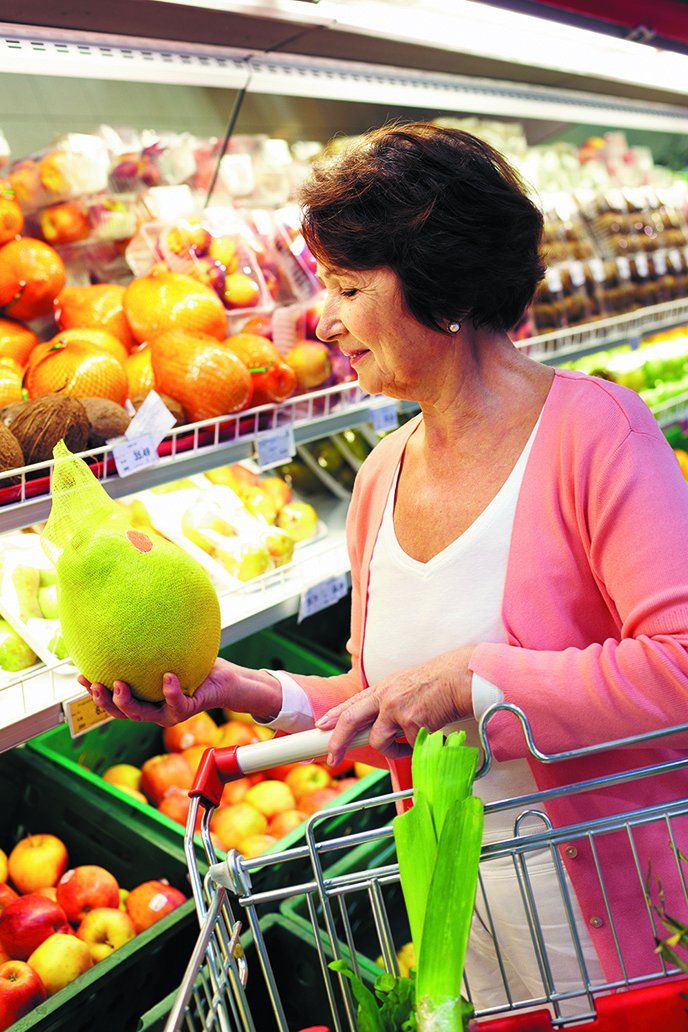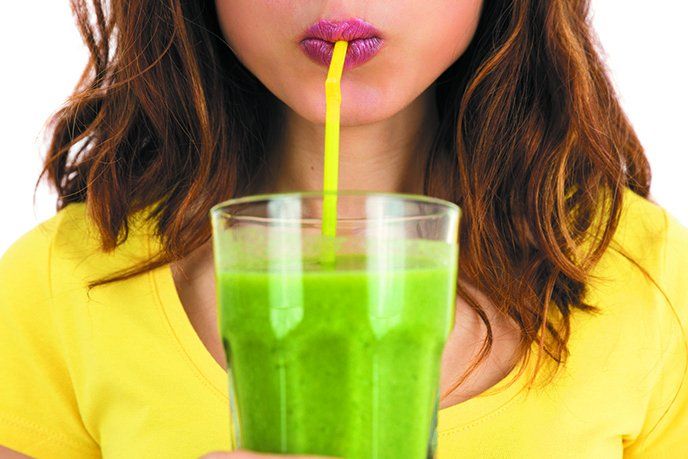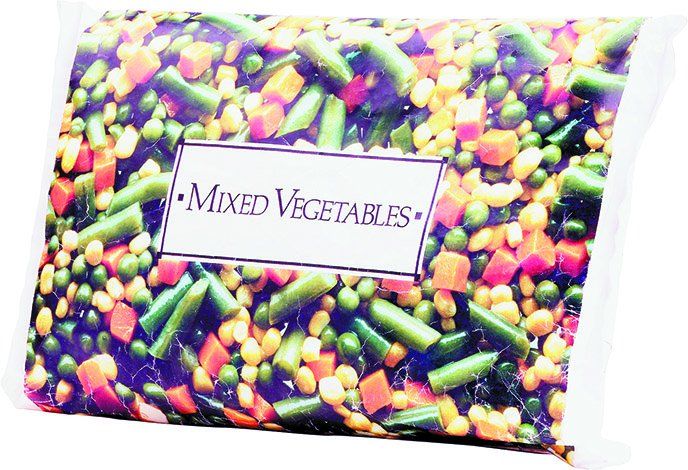What About Canned?
When the supermarket fish counter fails you, dont hesitate to head for the canned-fish aisle. Canned sardines and salmon are generally sustainable choices; canned tuna, while controversial, typically includes sustainable pole-caught albacore or skipjack varieties.
“Foraging” in the Modern Supermarket
There's good news at your local grocery store. "You should walk into a supermarket with a very positive attitude," says Alice H. Lichtenstein, DSc, director of Tufts' HNRCA Cardiovascular Nutrition Laboratory and executive editor of the Tufts Health & Nutrition Letter. "The availability of healthy and affordable foods has greatly expanded in recent years. There are a lot of options now throughout the store that are really good choices."
Do You Really Need to “Detox”?
While theres something to be said for clean eating, the "detox" fad needs a reality check. "First, your body already has a highly effective system for removing toxins, principally the liver and kidneys," explains Irwin H. Rosenberg, MD, University Professor of Medicine and Nutrition at Tufts. "Second, diets and products that claim to detox the body do not identify what supposed toxins are being targeted."
Expert Tips for Nutrition-Smart Holiday Travel
If you're planning to join the holiday travel crush - or already looking ahead to 2016 vacations - there's good news about your eating options en route. "I actually think that airport choices are beginning to improve a bit, both in terms of take-out and sit-down options," says Jeanne Goldberg, PhD, professor at Tufts' Friedman School and director of the Nutrition Communication Program. "The onus is to choose among the better options."
Stop Worrying About Total Fat
Two of the nations leading nutrition experts have some advice for the federal government: Stop worrying about total fat. Nutrition research has shown that the emphasis on restricting total fat intake is outdated, yet these limits affect everything from Nutrition Facts labels to school lunches to supermarket products. In recent opinion pieces in JAMA and the New York Times, Dariush Mozaffarian, MD, DrPH, and David S. Ludwig, MD, PhD, argue, Its long past time for us to exonerate dietary fat.
Rethinking Protein Needs for Older Adults
Most of the soaring popularity of protein in US supermarkets can be dismissed as marketing hype. Although a new report from Packaged Facts says protein is currently the hottest functional food ingredient trend in the US, the truth is that most Americans get plenty of protein without any special dietary boosts.
Protein Basics
What exactly is protein? Some experts say its best to think of protein as a combination of up to 20 individual nutrients called amino acids, which are the building blocks of proteins and play various key roles in human metabolism.
Protein Power
Getting plenty of protein doesnt have to mean chowing down on a big, thick porterhouse. Leaner cuts of red meat are good protein sources, as are poultry, fish and plants (especially legumes).
The Pros and Cons of Processed Foods
You hear the term processed food thrown around a lot these days, but you have to use common sense, says Alice H. Lichtenstein, DSc, director of Tufts HNRCA Cardiovascular Nutrition Laboratory and executive editor of the Health & Nutrition Letter. Even though technically processed, pasteurized milk is safer than unpasteurized. Frozen produce, because its picked and frozen at the peak of freshness and processed quickly, is as nutritious as fresh or in many cases more so. And if the convenience of ripping open a bag of baby-cut carrots makes you more likely to snack on them instead of chips or cookies while preparing dinner, thats good fallout from processing.
Should You Take a Multivitamin?
Since the early 1940s, when multivitamin/mineral supplements first became available, Americans have popped countless such pills in hopes of nutritional insurance and making up for any dietary shortfalls. Today, more than one-third of all Americans take a multivitamin, and multivitamins alone account for more than 40% of all vitamin and mineral supplement sales-an estimated $5.4 billion annually. Yet the scientific evidence for the benefits of multivitamins is mixed at best, with large recent studies reporting no association between usage and better cardiovascular or cognitive health and only modest cancer protection.




